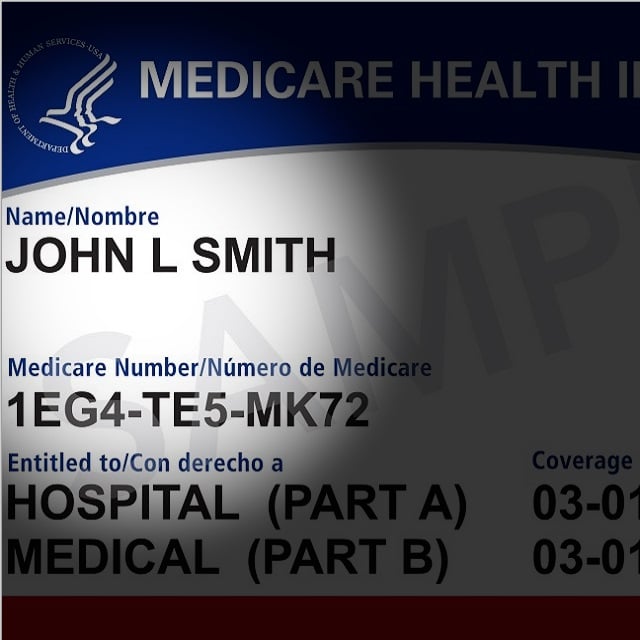Humana Trying to Help Brokers Cope With Social Distancing
Resources
- Links to Humana earnings resources are available here.
- An article about Humana's first-quarter earnings is available here.
Earnings
Humana is reporting $473 million in net income for the first quarter on $19 billion in revenue, compared with $566 million in net income on $16 billion in revenue for the first quarter of 2019. The Louisville, Kentucky-based company ended the year providing or administering health coverage for 16.6 million people, up from 16.5 million people a year earlier.
Enrollment
Here's what happened to seven types of health plan enrollment:
- Individual Medicare Advantage: 3.8 million (up from 3.4 million)
- Group Medicare Advantage: 607,40 (up from 517,900)
- Medicare Supplement: 314,000 (up from 267,300)
- Fully Insured Employer Plans: 861,600 (down from 958,200)
- Fully Insured Dental: Held steady at 2.7 million
- Vision: Held steady at 2.1 million
Pandemic Response
Bruce Broussard, Humana's chief executive officer, said during the conference call that nearly all of the company's 46,000 employees are now working at home. The company has taken many steps to support the community, including providing about 500,000 free meals, and by accelerating about $1 billion in payments to health care providers, he said. He noted that the company has eased access to use of telehealth services. Use of established telehealth services has doubled, and many brick-and-mortar health care providers are now using telehealth systems to deliver care, Broussard said.
Liquidity
Kane, Humana's CFO, reported that the company is carrying more debt than usual because it wanted to increase the amount of cash and cash equivalents on hand. The company issued $1.1 billion in senior notes in March and drew $1 billion from a one-year term loan bank commitment. The company now has access to a total of about $4.4 billion in cash, Kane said.
If Use of Care Stays Low
Broussard says Humana will take steps to help providers and customers if COVID-19 results in a long-lasting reduction in claims, because of enrollees' inability to get medical care. "To the extent we continue to see reduced utilization for an extended time, we are committed to taking actions similar to those we've taken to date to address health and financial concerns," Broussard said. "These actions could include, incremental benefits for members for employer groups, further clinical community support, and continued assistance for payers."
The Future of Health Care
Broussard said the COVID-19 disruption could cause some health care providers to switch to new ways of getting paid, and that some older physicians may retire. — Read Centene Braces for COVID-19 Impact, on ThinkAdvisor. — Connect with ThinkAdvisor Life/Health on Facebook, LinkedIn and Twitter.
© 2025 ALM Global, LLC, All Rights Reserved. Request academic re-use from www.copyright.com. All other uses, submit a request to [email protected]. For more information visit Asset & Logo Licensing.
Featured Resources
View All
Sponsored by Illinois Mutual Life Insurance Company
4 Reasons To Sell Simplified Issue Disability Income Insurance (SIDI)

Sponsored by Illinois Mutual Life Insurance Company
Simplified Issue Disability Income Insurance (SIDI): A Smarter Way to Sell and Protect







